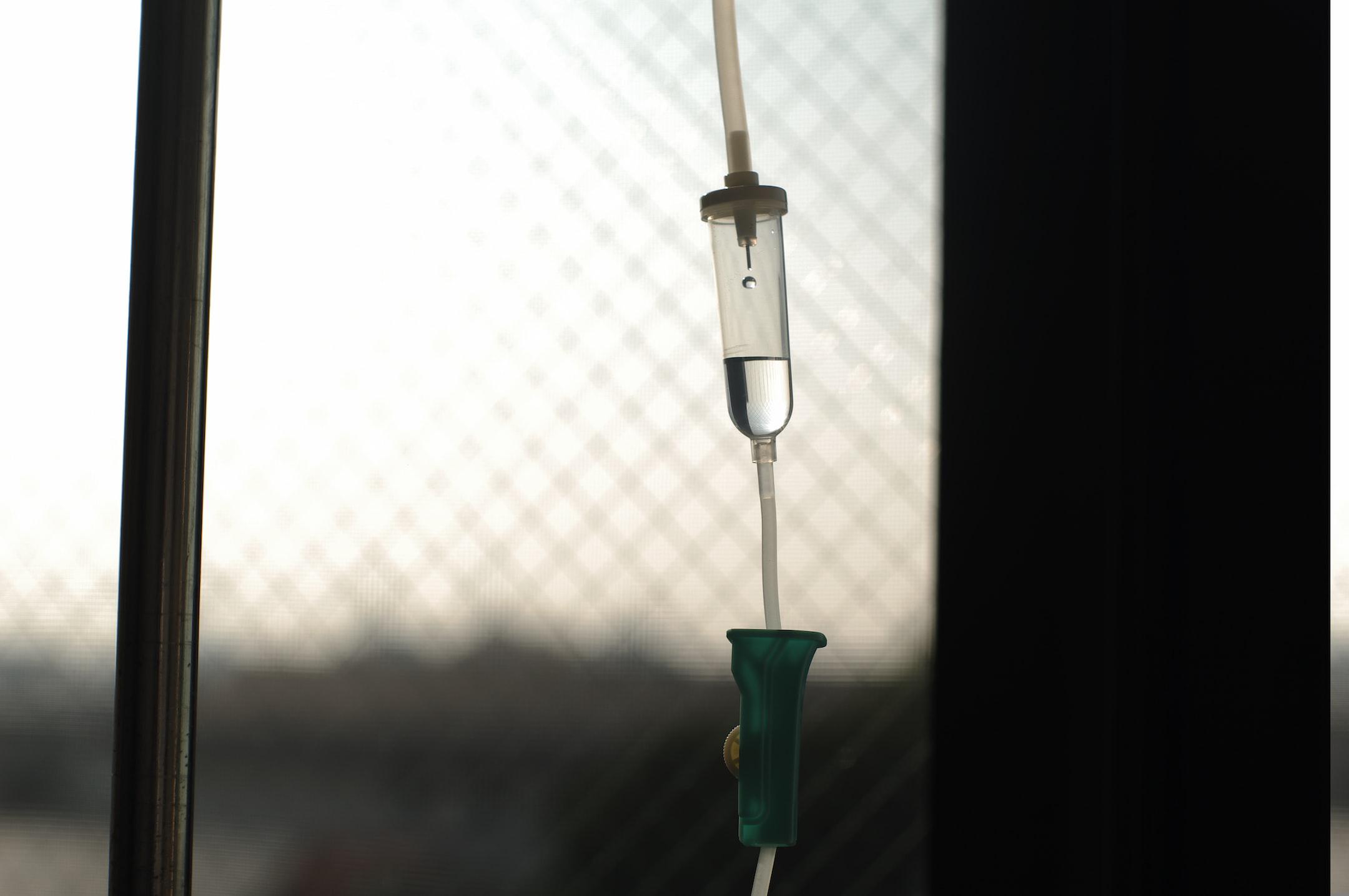
For hundreds of years, the diagnosis of mental illness has been heavily stigmatized and was often a lifelong secret shame. Those suffering from depression or anxiety were led to believe that their anguish was a personal deficit or lack of strength. As a result, people born with mental illness could be institutionalized indefinitely or drugged into a stupor. Even developmental disorders that caused minimal cognitive delays were classified as mental illness and led to the tragic permanent displacement of otherwise typically developing children and adults.
Fortunately, the medical understanding of mental illness and its treatment has improved monumentally. Cultural expectations for high-quality mental health studies, diagnoses, and treatments have evolved, and respect for mental healthcare as medicine has become a staple of excellent medical services delivery and education. The normalization of mental illness and treatment has provided support and comfort for those who suffer from many disorders and saved countless healthy individuals from lifelong institutionalization.
More than 3.4 million people are in treatment for depression and general anxiety disorders in the United States. Those treatments can vary from institutionalization, medication, therapeutic programs, and regular talk therapy. For so many Americans, these therapies have been life-changing and life-saving.
Most people who suffer from depression and anxiety, in particular, find that a combination of talk therapy and medication is an effective treatment for their suffering. But what about those who don’t see a resolution for their depression with the most common treatments? With the expansion of medical understanding of mental health treatment has come the emergence of patients with an illness that doesn’t respond to traditionally successful therapies. However, new treatments are constantly emerging that are safe, effective, and long-lasting. These treatments offer hope for those with severe depression and anxiety.
Ketamine Treatment by Brentwood Therapists
Ketamine is an FDA-approved treatment for patients suffering from acute suicidal ideation and long-term, treatment-resistant depression. Ketamine is a drug that was initially formulated for the sedation of horses, then was adapted and transitioned to use in human anesthesia. Recently, a correlation was found between patients sedated with ketamine and a significant decrease in depressive symptoms like suicidal ideation and depression.
Ketamine treatment for depression is typically carried out in a doctor's office and under the supervision of medical professionals. While officially approved administration of ketamine for depression is only done via a nasal spray, many doctors offer IV administration of therapeutic doses that have proven to be highly effective. During a ketamine treatment, patients are placed in a comfortable space, have their vitals closely monitored, and are given an IV of carefully calibrated doses of ketamine. After their treatments, patients are observed in the doctor's office for roughly an hour to ensure they are calm and tolerating the medication well. For many patients, the relief from their depression is immediate. Most patients receive additional treatments over the following weeks and months.
Transcranial Magnetic Stimulation by Brentwood Therapists
Unlike ketamine treatment, Transcranial Magnetic Stimulation (or TMS) is non-invasive. This treatment involves placing an electromagnetic coil near the scalp through which a painless electromagnetic pulse is delivered. This pulse stimulates the brain region responsible for anxiety and depression. TMS is effective and relieves symptoms of depression and anxiety, although the mechanism of this success still isn't fully understood.
The efficacy of ketamine treatments and TMS for depression and anxiety is impressive. Patients who have not had success with traditional talk therapy for depression or anxiety can contact a Brentwood therapist at Bella Jace Center for more information about how they can find relief and begin to enjoy life again.